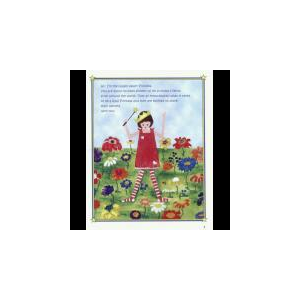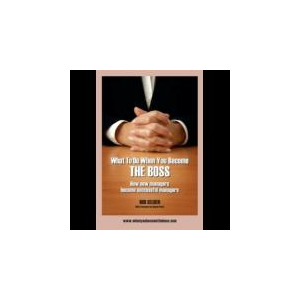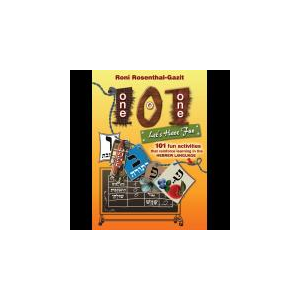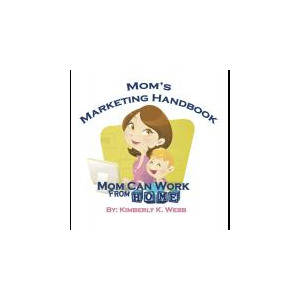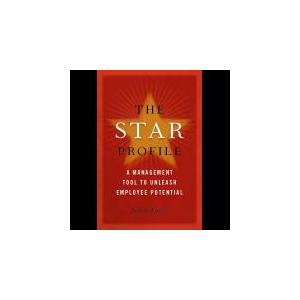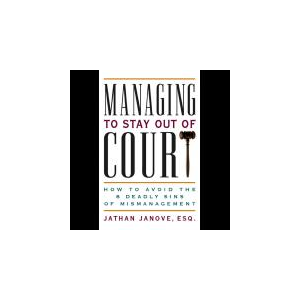300 Days of Better Writing
300 strategies for improving your writing. Strategies are short and to the point (150 - 250 words each), with explanations, instructions, and samples for each. Learn from them one day at a time or find the strategies you need.
Expert writing advice and instruction by David Bowman, owner and chief editor of Precise Edit. Bowman brings over 19 years of editing and writing experience to 300 Days of Better Writing, a must-read, must-use writing guide with 300 no-nonsense, practical writing strategies.
300 Days of Better Writing covers writing mechanics, clarity, organization, style, impact, persuasion--and much, much more. No fancy terminology, no fluff, no cute stories. Just 300 answers to the question: "What can I do RIGHT NOW to improve my writing?"
Organized for daily writing instruction. Contains a topic index to help you explore broad concepts.
"...the book that will carefully lead you, day by day, to improved writing." -Amazon.com Review
The Story Behind This Book
The general concept behind this book is simple. If writers learn one new writing strategy every day, over time their writing will greatly improve; their writing will get better for each of 300 days. As a whole, 300 Days comprises our best strategies, advice, and instruction for writing well. This book is about communication, and I am passionate about communication. Communication is how people interact. It’s how people reach their goals. It’s how we grow as individuals and societies. Many people struggle with communicating, particularly in writing. My biggest hope is that people will use these strategies and learn to communicate effectively. How does this book differ from other writing guides? This book is different in several ways. 1) Practical. This book addresses a comment from a writing student many, many years ago: “Just tell me what to do.” That’s what this book does. It provides 300 answers to the question “What can I do to make my writing better?” 2) Easy-to-grasp. This book takes big topics, such as paragraph structure, and breaks them down into individual strategies. For example, instead of telling writers, “Here’s everything you need to know about clear sentences,” it says, “Here’s one thing you can do right now to make your sentences better.” I will add that the book contains a topic index for those readers who wish to read many strategies on a specific topic. 3) Instructional, not “fluffy.” Many books include cute cartoons, or tell stories about the author, or discuss the history of writing styles, or talk about various writers. Those authors are trying to entertain instead of trying to teach. In respect for the reader, 300 Days of Better Writing stays focused on instruction. 300 Days of Better Writing contains over 70 thousand words of instruction, and that’s a lot of instruction on how to write well! 4) No English degree needed. Let me toss in one more difference. This book doesn’t expect readers to have English degrees and know a lot of grammar terms. If I needed a term to explain a strategy, I first explained the term. However, readers with English degrees will find this book valuable, too. Much of the content in 300 Days of Better Writing is not taught in English programs. This book contains 3 types of information: 1) Writing well. These are editing strategies for communicating clearly, directly, and purposefully. This category contains the most strategies by far. For example, the book has 33 unique strategies on effective sentence structure and 33 strategies for using descriptions and modifiers. 2) Writing correctly. These are techniques for using correct grammar, punctuation, and usage. 3) Writing to accomplish a purpose. These are strategies for engaging readers, persuading them to believe you, and emphasizing your ideas.

